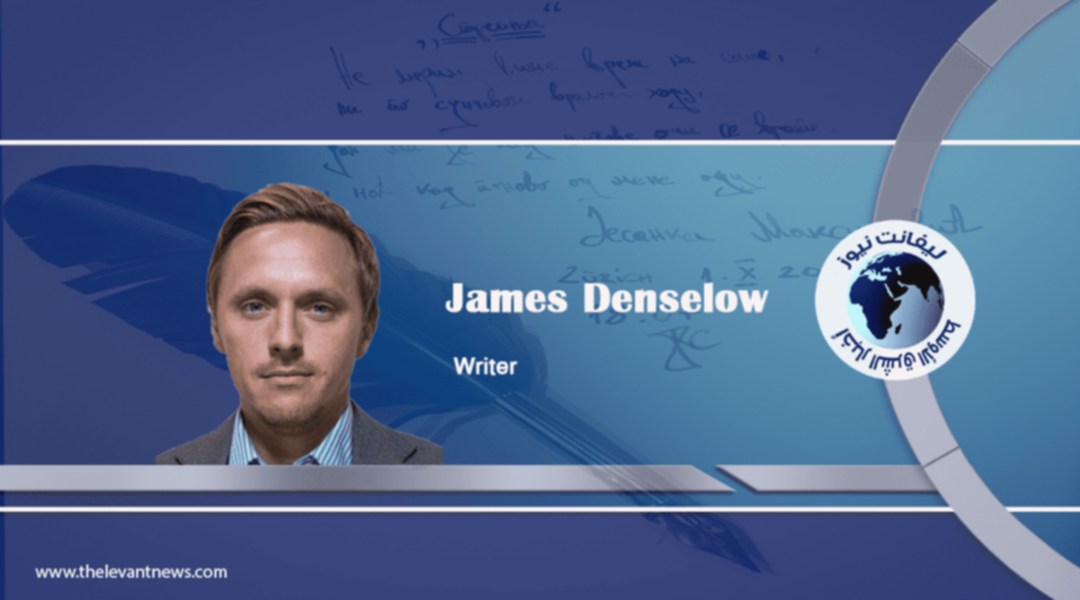-
Britain’s Foreign Policy Reset

Boris Johnson’s Government is owning some pretty major choices in the course of its short time in power to date. It managed to famously ‘get Brexit done’, although with predictable plummeting rates of trade with the UK’s main market. It’s handling of the Covid pandemic saw the worst hit economy and the worst rates of per capita deaths on the planet, yet its vaccine development and rollout has been one of the best resulting in a subsequent poll bounce. Britain
Now a long-awaited review of the UK’s foreign and defence policy is being launched, representing a significant change in direction for the country’s relations beyond its borders. Originally it was supposed to be a foreign, defence and aid policy review but with the merging of the Ministry for Development into the Foreign office and a cutting of its budget that decision appears to have largely pre-empted the larger review.
The headlines around the review have grasped on the decision to end 30 years of gradual disarmament since the collapse of the Soviet Union. It would appear a strange choice to invest in more nuclear warheads, the hardest of hard weapons, months after the Ministry of Defence set out a ‘Integrated Operating Concept’ that focused on conflict below the level of war and the rise of nefarious weapons including cyberwarfare. Britain
Yet the review laid out the nature of the threats the UK currently faced, with particular reference to hostility from Russia, Iran and non-state armed groups and decided that this was one of the answers to them. There is more of course and the spectrum of weaponry that the UK is keen to acquire more of ranges from the planet killers to more sophisticated drones that can infiltrate hard to reach parts of the world and have the ability to provide near continuous surveillance.
Another key component of the review is what it doesn’t say as much as what it does. The term ‘Global Britain’ has been used liberally in the shadow of Brexit as a placeholder for those worried that leaving the EU would diminish the UK’s influence. The review promises ‘new ways’ of working with the EU, who is currently taking the UK to Court over supposed breaches of the Brexit agreement, and is clear that the US remains the essential strategic ally.
Beyond the homage to the traditional ‘special relationship’ between the UK and the USA, is the interesting “Indo-Pacific tilt”. Pre-briefed as a ‘pivot’ it is part of the narrative around that part of the world being home to the most significant areas of growth; economy, population and military and therefore where the UK needs to be at the races. The report reminds readers that it is “the world’s growth engine: home to half the world’s people; 40% of global GDP”. Britain
That wasn’t exactly a secret, but the key question is how the UK expects to exert influence so far away from its own neighbourhood, especially considering how soured it has managed to make things between its former closest allies. Sending an aircraft carrier to the region – supposedly one of the tactics – smacks of old school gunboat diplomacy of a completely different age.
There is a key Orwellian twist to be aware of when assessing the Government policies. It is a campaigning administration that is able to pump up rhetoric far and above the reality of its own actions. The review promises that the UK will be leading in “dynamically shaping the post-Covid order” yet the mainstay of much of its policies to date have been inward looking; ‘taking back control’ and removing plank upon plank of soft power influence as its dialled down its overseas aid.
There remains, of course, huge questions as to how a review so ambitious in scope can be turned into a reality and despite the evidence to date the UK Government should be given the chance to prove its willingness to be a more, not less, active participant on the world’s stage. Vaccine distribution and the role of the UK scientific and health community in involvement in a more global vaccination effort is a prime opportunity to see a genuinely “Global Britain” in action. Britain
James Denselow levant

You May Also Like
Popular Posts
Caricature
Syrians' concerns now
- December 10, 2024
Syrians' concerns now #Syria
#Bashar_al-Assad
#Liberation_of_Syria
#Syrians
#Future_of_Syria
#Levant_News

opinion
Report
ads
Newsletter
Subscribe to our mailing list to get the new updates!



















